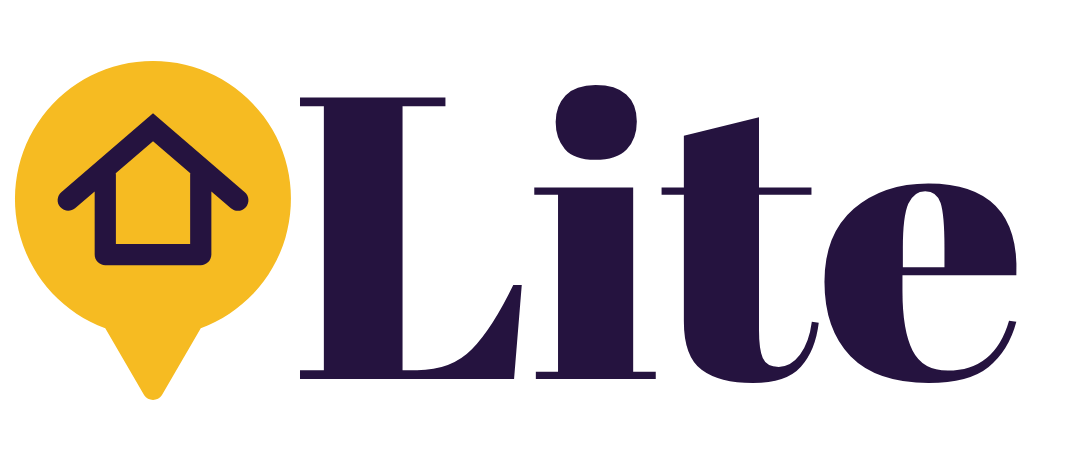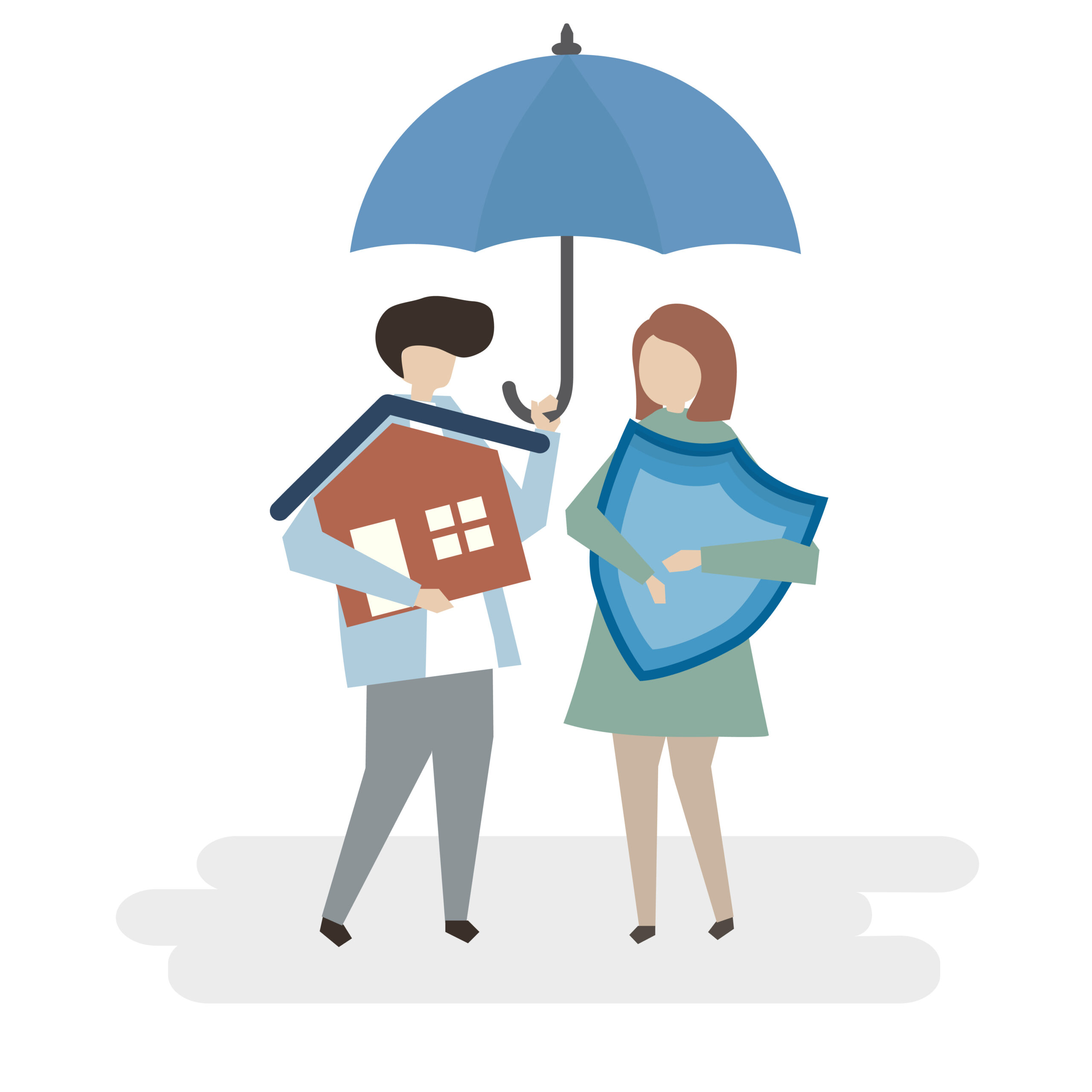If you are thinking of applying for a mortgage, you may have many questions and concerns about the process. As a mortgage adviser, I have the experience and knowledge to guide you through every step and help you achieve your home ownership goals. In this blog post, I will provide you with some handy mortgage checklist that will help you prepare for your mortgage application and understand what lenders look for when assessing your eligibility.
What Documents do I Need to Apply for a Mortgage?
One of the first steps in applying for a mortgage is to gather all the documents that lenders will require to verify your identity, income, and expenses. Depending on your personal and financial situation, the exact documents you need may vary, but here are some of the most common ones:
- Proof of ID: This can be a passport, driving licence, or other form of photo ID that shows your name and date of birth. Make sure your ID is valid and up to date.
- Proof of address: This can be a utility bill, council tax bill, bank statement, or other official document that shows your name and current address. It should be dated within the last three months.
- Proof of income: This can be your payslips, P60, tax return, or other evidence of your income from employment, self-employment, benefits, pensions, or other sources. You may need to provide documents for the last three to six months, depending on the lender.
- Proof of deposit: This can be your bank statements, savings accounts, investments, or other documents that show where your deposit is coming from and how much you have saved. If your deposit is a gift from a family member or friend, you may also need a letter from them confirming that the money is non-repayable and that they have no interest in the property.
- Proof of expenses: This can be your bank statements, credit card statements, loan agreements, or other documents that show your regular outgoings, such as bills, debts, childcare costs, and other living expenses. You may need to provide documents for the last three to six months, depending on the lender.
What will a Lender Look for When Checking Bank Statements?
Another important step in applying for a mortgage is to check your bank statements and make sure they are in good order. Lenders will look at your bank statements to confirm your income and expenses, as well as to assess your financial behaviour and creditworthiness. Here are some of the things that lenders will look for when checking your bank statements:
- Income and affordability: Lenders will look at your bank statements to verify that your income matches what you have declared on your application, and that it is regular and consistent. They will also look at your expenses and compare them to your income to see if you can afford the mortgage payments and have enough surplus income to cover any unexpected costs or changes in circumstances.
- Account conduct: Lenders will look at your bank statements to see how you manage your finances and if you have any issues or problems with your account. They will look for things like bounced direct debits, overdraft usage, overdraft fees, late payments, missed payments, or other signs of financial difficulty. They will also look for any commitments or liabilities that you have not mentioned on your application, such as loans, credit cards, or child maintenance payments.
- Lifestyle and spending habits: Lenders will look at your bank statements to get a sense of your lifestyle and spending habits, and to see if they are consistent and reasonable. They will look for things like how much you spend on food, entertainment, travel, hobbies, and other discretionary expenses. They will also look for any unusual or large transactions, such as gambling, cash withdrawals, or transfers, and ask you to explain them.
Conclusion
These are some of the handy checklist items that I hope will help you prepare for your new mortgage application and understand what lenders look for when checking your bank statements. Of course, every lender has different criteria and requirements, and every applicant has a unique situation, so these checklists are not exhaustive or definitive. If you have any questions or concerns about your mortgage application, or if you need any advice or assistance, please do not hesitate to contact me. As a mortgage advisor, I can help you find the best mortgage deal for your needs and circumstances, and guide you through the whole process. I look forward to hearing from you soon.
Read here to learn about The Conveyancing Process when buying a new property on our recent blog.
Credit – Image by Freepik






Leave a Reply